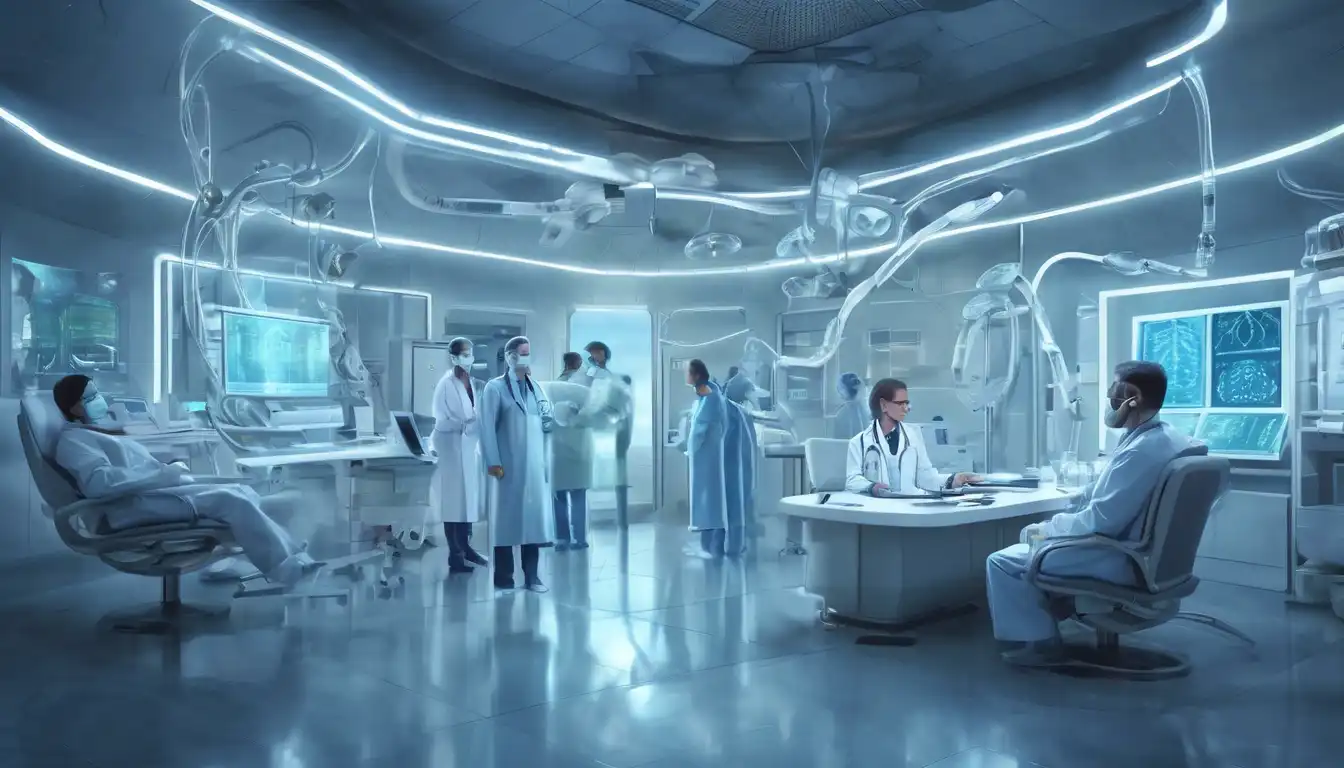Introduction to AI in Healthcare
Artificial Intelligence (AI) is revolutionizing the healthcare industry by providing innovative solutions to complex problems. From diagnostics to treatment personalization, AI's role in modern healthcare is undeniable. This article explores how AI is transforming healthcare solutions, making them more efficient, accurate, and accessible.
Enhancing Diagnostic Accuracy
AI algorithms are now capable of analyzing medical images with precision that matches or exceeds human experts. This advancement is crucial in early detection of diseases such as cancer, where early diagnosis can significantly improve patient outcomes. Learn more about AI in diagnostics.
Personalized Treatment Plans
By analyzing vast amounts of patient data, AI can help healthcare providers develop personalized treatment plans. This approach ensures that patients receive the most effective treatments based on their unique genetic makeup and health history.
Streamlining Administrative Processes
AI is also making healthcare more efficient by automating administrative tasks. From scheduling appointments to processing insurance claims, AI reduces the burden on healthcare staff, allowing them to focus more on patient care.
Improving Patient Monitoring
Wearable devices powered by AI can monitor patients' health in real-time, providing valuable data to healthcare providers. This continuous monitoring can lead to timely interventions, preventing complications and hospital readmissions.
Challenges and Ethical Considerations
Despite its benefits, the integration of AI in healthcare raises ethical and privacy concerns. Ensuring the security of patient data and addressing biases in AI algorithms are critical challenges that need to be addressed.
Conclusion
The role of AI in modern healthcare solutions is transformative, offering unprecedented opportunities to improve patient care. However, it's essential to navigate the challenges carefully to fully realize AI's potential in healthcare. Discover the future of AI in healthcare.
